If you get caught speeding in Virginia you could find it difficult to break the speed limit again. The state is set to become the first to allow its judges to order speeders to install a device limiting how fast they can drive in the future. The new rules go beyond the speed warning devices European lawmakers have enacted, reports Headlight.News.
Few states have taken a more aggressive stand aimed at holding drivers to the speed limit than Virginia. Known as “the Old Dominion,” Virginia is far less tolerant of speeders than neighboring states. Top 85 – or 20 over the posted limit – and you could find yourself facing a much more serious “reckless driving” charge, the loss of your license, hefty legal bills and fines, and even the loss of your license.
Under the new law, however, someone facing a reckless charge could be offered an alternative. At the discretion of the judge, the measure signed by Governor Glenn Youngkin will let motorists install a device automatically restricting their vehicle from exceeding the posted speed limit.
For those who might accept the offer, however, the law carries some teeth. Tamper with the device and you could face a misdemeanor charge and up to a year in prison.
How it works
European automakers already are required to fit their vehicles with devices that warn motorists when they exceed the posted speed limit. California lawmakers passed a similar measure last September, though it was subsequently vetoed by Gov. Gavin Newsom.
The District of Columbia went a step further in 2024, approving the use of devices that would not just warn, but restrict, the speed a vehicle could operate at. Virginia is now the first state to use the technology.
Such devices can rely on two different methods of tracking speed limits, either by using GPS and pre-recorded maps – much like automakers typically use for onboard navigation systems. The more advanced approach taps into the sign recognition technology more and more vehicles are beginning to offer. In turn, they hook into a vehicle’s electronic engine control system, making it impossible to exceed the speed limit.
Such technology actually has been around for some time and is commonly used in some buses and other commercial vehicles.
The teeth
Patrick A. Hope, the member of the Virginia Assembly, said he was encouraged to sponsor the bill by advocacy groups like Mothers Against Drunk Driving and the National Safety Council. “It will make our streets safer, Hope told the Washington Post, adding that the technology is “easy to use, and once you’re engaged it’s impossible to go over the speed limit.”
The new law doesn’t require the technology be used by speeders but gives a judge the option of offering it as an alternative to other penalties when cases rise to the level of reckless driving.
Those drivers who accept the option will have to maintain the speed control system for up to six months. Tampering with the device – or driving an alternative vehicle – could subject them to hefty fines and up to a year in jail.
More Auto News
- Protestors Gather at Tesla Stores Around the World
- Consumer Confidence Fades as Auto Tariffs Set to Go into Effect
- Trump Tariffs Expected to Raise Prices, Hurt Auto Sales
Faster and faster
Since former Pres. Bill Clinton lifted the federal 55 mph speed limit in 1995, speeds have increased substantial across the country. Most states today have set limits of between 65 and 80 mph. A stretch of Texas toll road outside Austin is the fastest in the U.S., at 85 mph. Virginia, on the other hand, holds motorists to 55 or less, depending upon the road
There’s been a push by safety advocates to roll back speed limits across the country, or at least increase enforcement. That’s general received little public support and, with only a handful of exceptions, lawmakers have done little more than increase fines in some states.
The California bill passed last year would have required vehicles alert drivers going more than 10 mph over the posted limit – similar to the rules now in place in Europe.
There’s been more support for restrictions on commercial vehicles, the National Transportation Safety Board pushing for electronic speed limiters topping out at 68 mph. The proposed regulation failed to gain approval during the Biden administration and there’s been no indication it will move forward now that the anti-regulatory Trump administration is in place.

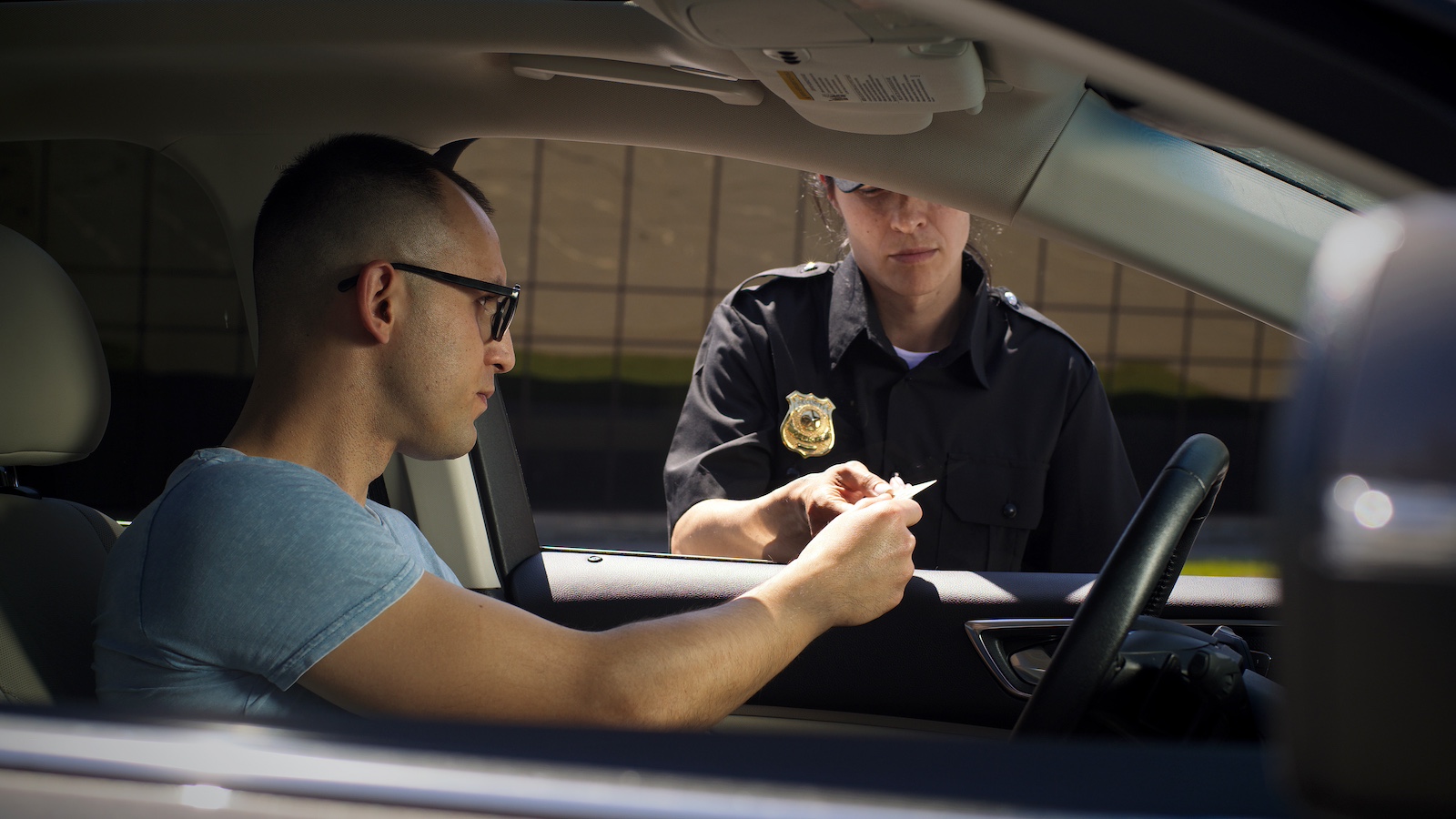
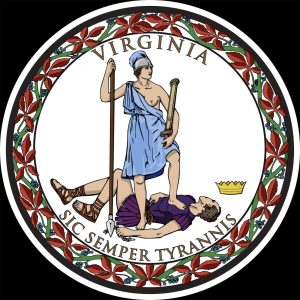
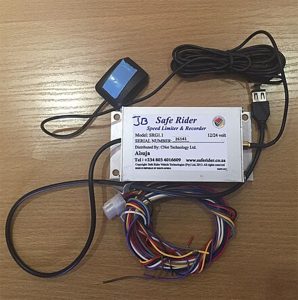

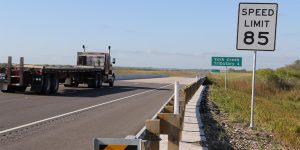

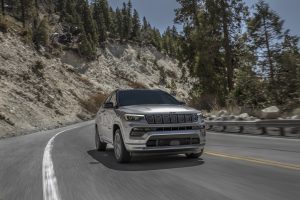
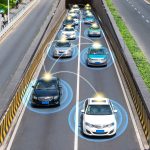
I want to buy this divisive keep cars and trucks over the speed limit….I been on this private property over 120 years… grandparents were masonic lodge….blackiie Todd… Need help to slow down the traffic going down fries rd..60 70 80.mph..already buried over 10 to 15 dogs cats,.well my cat of 6 years got killed day before yesterday
.. please help me..got to slow down , and kids playin in he yard please help me with this… thank you sir, or mam’ mam… thank you!!!
You can’t control traffic with this device. It is only something a judge can order for people convicted of speeding. Meanwhile, you need talk to your local authorities to try to get them to change speed regs and then increase enforcement.
Paul E.